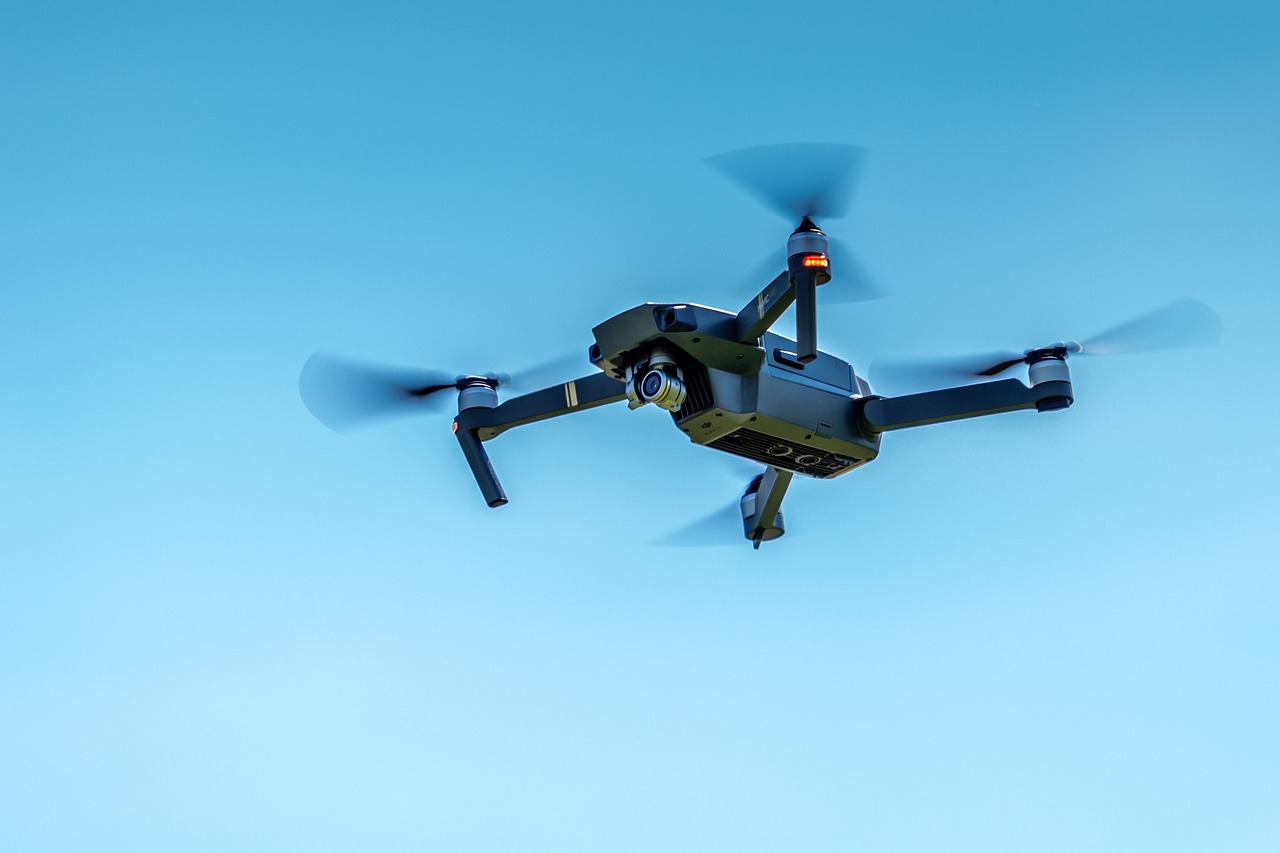This post is also available in:
 עברית (Hebrew)
עברית (Hebrew)
Cosmoleap, a new Chinese rocket startup founded in March 2024, has raised around 14 million dollars to develop its ambitious Yueqian rocket and recovery system. The company’s latest announcement has drawn significant attention, as the concept design for Yueqian bears a striking resemblance to SpaceX’s Starship, particularly in its planned rocket recovery method.
Cosmoleap’s Yueqian, as shown in the concept footage, features a reusable booster that plummets from the sky, only to be caught by mechanical “chopstick” arms — an approach jarringly similar to SpaceX’s groundbreaking Super Heavy booster recovery. This method was successfully demonstrated by SpaceX in October 2024, when its launch tower captured the first-stage booster of Starship.
Cosmoleap, formally known as Beijing Dahang Transition Technology Company is focusing on providing solutions for satellite internet infrastructure. The startup plans to conduct its first flight test of the Yueqian rocket by 2025 or 2026.
Although the visual similarities to SpaceX’s technology have sparked some criticism online — with some users calling for more originality — Cosmoleap has managed to secure backing from multiple investors, including Shenergy Chengyi and Tiangchuang Capital, which has helped fund its ambitious plans, according to Interesting Engineering.
In terms of scale, Cosmoleap’s Yueqian will be smaller than SpaceX’s Starship. Standing at 75 meters tall, the rocket will carry up to 10,460 kg to low Earth orbit in its expendable form. However, when the first stage is recovered, the payload capacity drops to 6,280 kg. Cosmoleap is also eyeing a much larger rocket, with a target height of 126 meters, capable of carrying 100 tons to low Earth orbit, which it plans to launch by 2030.
While the startup is still a long way from achieving these goals, it joins a growing ecosystem of private space companies in China, including Space Pioneer and iSpace. If Cosmoleap can succeed, it might just add another surprise to China’s rapidly evolving space sector.


























